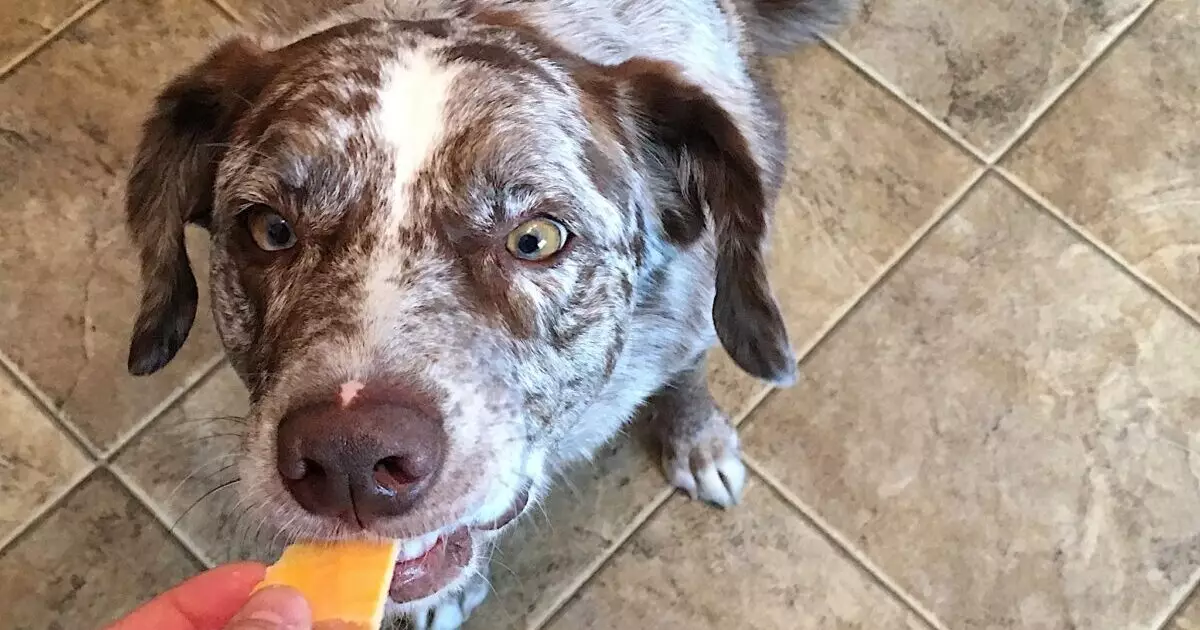If you’re a dog parent, you’ve probably experienced the embarrassing situations triggered by your dog’s gas. While flatulence is a natural bodily function, the smell can be overwhelming and, at times, downright offensive. Understanding the triggers behind your dog’s gassiness can spare you and your furry friend from awkward moments. It is no surprise that certain types of food significantly contribute to this common canine concern. By being diligent about your dog’s dietary choices, you can minimize these unpleasant odors and enhance their overall well-being.
Understanding Canine Digestive Systems
Dogs are quite different from humans when it comes to digestion. Their bodies lack the ability to break down certain foods effectively, leading to the buildup of gas. One of the major culprits is dairy. Many dogs are lactose intolerant, making it difficult for them to digest milk and cheese products. The reaction leads to gas production and can cause stomach discomfort. Avoiding dairy products is a sensible move if you find your pup’s gas levels rising after treat time. Always check the labels of commercial treats and dog food to ensure that they don’t contain milk-derived ingredients.
Beware of Expired Food!
One often-overlooked aspect of dog ownership is food quality. Many pet owners assume that dog food can be stored indefinitely without consequences. In reality, expired pet food can cause various gastrointestinal issues beyond just gas, including diarrhea and vomiting. The fats in dry dog food can go rancid over time, compromising its safety for your dog. Always adhere to the expiration dates and store your pup’s food in airtight containers to maintain freshness. This small step can make a world of difference in your dog’s digestive health.
Protein Sources Matter
Many dog owners may not realize that some proteins commonly found in dog food may not be beneficial for their canine companions. Soybeans, for example, can cause digestive distress in dogs, leading to increased flatulence. While soy is rich in protein for humans, dogs may struggle to digest it properly. Instead, dog owners should prioritize high-quality proteins in their dog’s diet, which are easier for dogs to metabolize. Transitioning to a thoughtfully formulated diet can reduce gas significantly.
The Repercussions of Processed Foods
It is vital to consider what we are feeding our furry friends. Many store-bought dog foods are laden with fillers, preservatives, and cheap ingredients that do little for a dog’s nutritional needs. Processed foods can wreak havoc on canine digestion. Ingredients like corn and other grains do not provide sufficient nutritional value and may even contribute to your dog’s flatulence. A whole-food diet can lead to improved digestion and a happier, healthier dog!
Managing Treat Portions
As tempting as it may be to shower your pet with treats, moderation is essential. Treats should complement your dog’s meals and not overwhelm their digestive systems. Pay attention to serving sizes, especially when those treats contain ingredients known for causing digestive problems. For instance, if you’re thinking of sharing your nachos with your pup, remember that beans—like those found in that dip—can lead to excessive gas and discomfort. Opt for treats specifically designed for dogs, and be wary of human food that can upset their delicate stomachs.
A Paradigm Shift in Pet Nutrition
It’s time to consider upgrading your dog’s diet entirely. Moving away from low-quality food that merely fills them up towards premium, high-nutrient options is critical for their long-term health. Brands like Ollie provide fresh, human-grade dog food that prioritizes your pet’s well-being. By feeding your dog wholesome and nutritionally sound meals, you’re not just reducing their gas production; you’re fostering better health overall.
The Bottom Line: Choosing Wisely
As fur parents, it’s our responsibility to ensure the well-being of our beloved pets. Elevating their food quality and being strategic about ingredient choices can make a monumental difference. If you’ve ever cringed at the pungent wafts from your pooch’s rear, consider making a change today. Focus on a diet rich in real food and devoid of problematic ingredients, ensuring a happier dog and a more pleasant home environment. Your nose will thank you!

